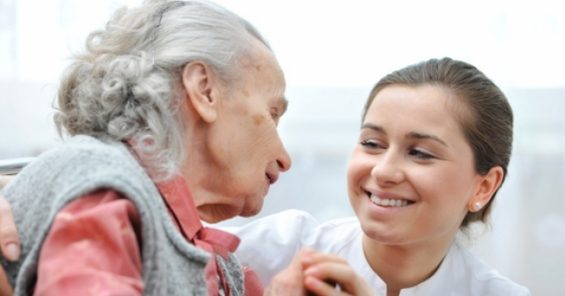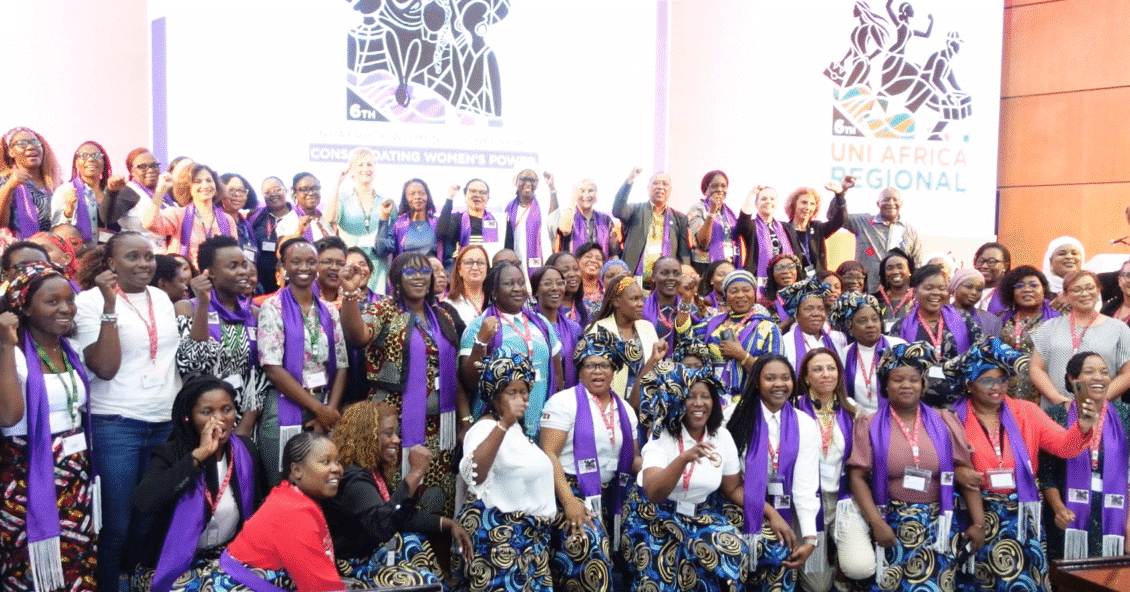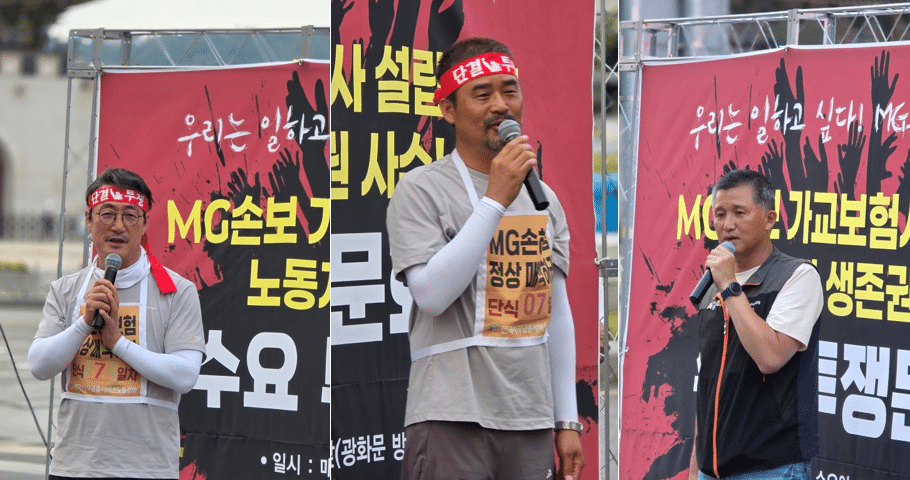With COVID-19-related deaths spiking in nursing facilities, UNI Global Union is standing with frontline caregivers in calling on governments and employers to put in place a series of reforms to protect care workers and patients.
“The COVID-19 outbreak has exposed the weakness of a model based on low-pay, minimal training and lax regulation in nursing homes,” said Christy Hoffman General Secretary of UNI Global Union. “From Europe to Australasia, nursing homes have become the epicenter of the COVID-19 outbreak. It should be clear to everybody that care workers need to be better compensated, trained, and equipped if we are serious about promoting quality care and resiliency in the sector.”
Caregivers in nursing homes often have less training and fewer opportunities to improve their skills compared to their acute care counterparts. The vast majority of nursing caregivers work part-time and are poorly paid, a situation that forces many to piece together several jobs in order to make a living. Poor regulation, a lack of best practice protocols, and an overall lack of access to basic needs such as incontinence supplies are additional challenges for nursing homes.
Earlier this month, U.S. workers from nursing homes spoke up about their lack of access to personal protective equipment, as they saw a 552 per cent increase in nursing home cases in just 10 days. Similarly, in Canada, it is estimated that over 60 per cent of cases have been linked to nursing homes.
“Not applying the lessons we have learned during this outbreak will make this catastrophe even more tragic,” said UNI’s Hoffman. “It is clear that we need to increase funding and improve working conditions in nursing home care, an investment that will save tens, if not hundreds, of thousands of lives.”
UNI Global Union Guidelines for Nursing Home Resiliency:
1. Sufficient staffing levels: simply put we need more and better trained staff. Workers should be directly employed by nursing homes.
2. Higher wages and more hours to compensate workers: low wages have led to staff shortages and low retention rates in the industry.
3. Premium pay for workers that are putting themselves at risk, including a hazard pay premium during outbreaks.
4. Guaranteed hours, health insurance and sick pay: for the financial security and personal wellbeing of the workers.
5. Temporary housing and paid leave for workers that need to isolate themselves from their families after an exposure.
6. Prioritized testing: one of the best ways to prevent the spread of the virus.
7. PPEs: required to stop the spread of the virus within the home.
8. Up-to-date training for workers about the proper use of PPEs, as well as infectious disease protocols.
9. Improvements in the built environment: some long- and short-term changes that may help to combat loneliness and isolation.
10. Emotional and psychological critical incident debriefing for workers. This crisis is going to have long-term impacts on psychological health, we need to do our best to prevent and protect workers now.
11. Adequate childcare options for workers that are working during the lockdown.
12. Union representation and union rights for nursing home workers to bring dignity and respect back to the industry, as well as to attract new workers as this industry grows.
13. Infection control protocols for all workers, visitors, and residents by implementing the WHO long-term care infection and control guidance, plus auditing to ensure standards.
14. Sectoral collective bargaining : the only way to ensure that all workers in the sector have decent working conditions.
15. Expanded public investment, linked to sectoral collective bargaining, so that all facilities can ensure decent conditions.


